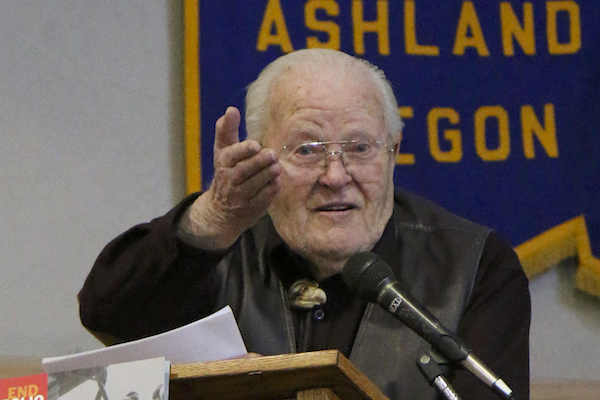I Didn't Remember the 1918 Influenza, but It Changed My Family

The word “influenza” was often heard in conversations in our household when I was a child. I did not contribute. My father, Vaughn Taylor Bornet, was married in 1906 and my mother gave birth a year later to one who would eventually become sister, Josephine, in 1907. My engineer father went to court to change our last name from BORGENSKI to BORNET. He had hailed from a Polish family that arrived in the 1840s. When he married into a bit of a prideful Quaker family named Scull, I do think he agreed to modify the name to please elderly members of the Society of Friends. His new bride’s family were members of the church known widely in Philadelphia and beyond as, “Friends.”
Time passed for the increasingly successful senior Bornet, who was a one-year college man (engineering, Drexel). A male infant showed up about 1914. In two years, that child was gone, taken by Influenza. Now two more years passed. Florence Davis Bornet offered another infant. Just about two years “did it.” He died of Influenza, sadly, as well. One thinks of the careers those two infants missed.
As they thought and struggled, October 10, 1917 arrived, glorified with a Western Union (yes!) telegram that said curtly but still pleasantly to “return at once; you are father of an infant boy.” He did, indeed. The coming year was marked by a move to suburban Philadelphia and the hiring of one Bertha Angell, “Birdie,” a live-in and permanent nurse for me, the fourth-time-around little one. “Don’t let this one get away,” apparently. Sickness did come, but I don’t really know just what. (I would by age 9 get whooping cough, measles, mumps, but not scarlet fever. Neither did I contract polio, the paralyzing disease, targeted by Rotary International for vaccine funding support worldwide. My professor had that, as well as our President, something one could still get causing permanent acceptance of a wheelchair for life. I do recall I also had chicken pox.)
My dad was a “structural and reinforcing steel and ornamental iron detailer” who had or would do the elevated trains, state prison, zoo, post office, and other jobs in Philadelphia. He was wiped out in 1931, and we moved to Miami Beach. Recovering in several months, he would design the steel beams and columns on 60 hotels in Miami before dying, including the Landmark Fontainebleau with its curves and first of its kind diving board. If I could change the past, I would have taken permanent care of Birdy, the 1917 slightly literate Irish Nurse when we went broke in 1931.
My Mother and I looked skinny. Nevertheless, I participated in all sports. I was offered and turned down a tennis scholarship to Duke (after somehow beating the Massachusetts Jr. champion.) I won five victories in a row as baseball pitcher. In time, bored but happy in my University of Georgia experience, I did professional Olympic style weightlifting (clean and jerk, press, lifts) at the Athens YMCA. For nearly five years of Navy duty I was on my feet. Then came the surprise heart infarction of November, 1977, sort of a recovery with a new pacemaker, ending in retirement from teaching and administration 1980. I continued researching history and writing twenty books in all, five in my nineties.